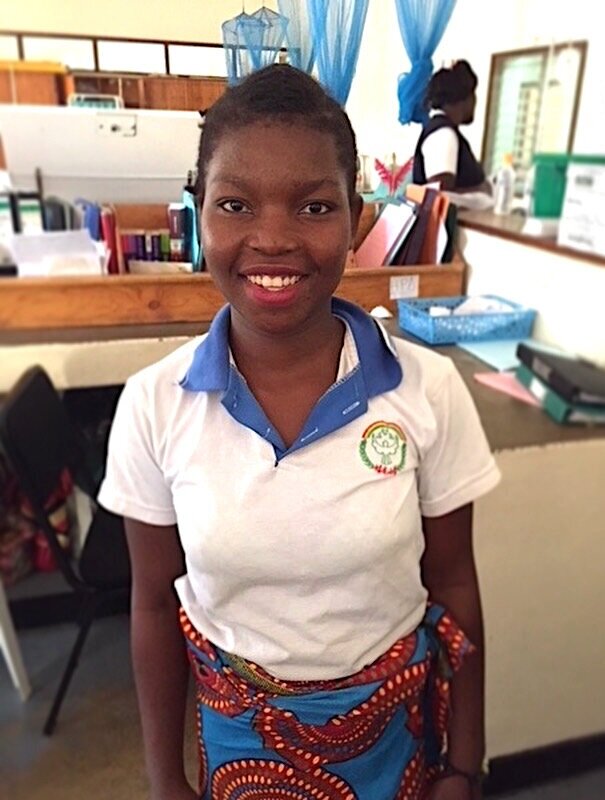Meet Esperanza
This is sweet Esperanza. She is 19 years old and lives in Malawi with her husband. When it came time for her to deliver her first child, she began to labor at home. On the second day of labor, it was evident she needed to go to the clinic.
She couldn't afford to hire a car to transport her, so her only option was to hire a bicycle. For six hours, while Esperanza was in active labor, she sat on a tiny bike seat, on a bumpy road, en route to the clinic.
When she arrived, the clinicians were able to provide her with pain medication but were unable to do much more because they did not have the training or facilities to perform a C-section. She endured an obstructed labor for two more days, and eventually delivered a stillborn baby.
Due to the trauma suffered over an extended labor, Esperanza developed a double obstetric fistula. A fistula is an injury that occurs from a prolonged labor that damages the tissues in such a way that the woman is often left with lifelong complications, such as incontinence.
In Malawi, resources are limited and most women with fistulas do not have access to products or supplies to keep themselves sanitary. Often times, due to the odor from these complications, women are ostracized from their communities, are abandoned by their husbands, and are unable to work. Esperanza and more than 2 million other women in Africa have suffered from obstetric fistulas (World Health Organization).
However, thanks to our program in Lilongwe, Malawi, Esperanza was able to receive fistula repair surgery and reclaim her life. Our program in Malawi provides many women, like Esperanza, with transformational surgery, so they may return to society again as healthy, productive women.
We are supporting the Fistula Care Clinic at Bwaila Hospital in partnership with Baylor College of Medicine by providing surgical expertise in order to build the capacity of local healthcare providers. Through our program, fistula surgery experts mentor local physicians through complicated procedures via telehealth. Over time, the local physicians in Malawi have improved their surgical skills and have been able to perform more and more fistula surgeries independently. The growing independence of local physicians speaks to the sustainability of our programs.


